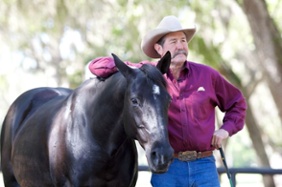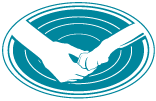 Prominent horse trainer Pat Parelli gives a succinct formula for creating a brilliant working relationship with your horse. He tells us that confidence leads to curiosity, curiosity leads to responsiveness, and responsiveness leads to partnership. This is just as true of dogs as it is of horses.
Prominent horse trainer Pat Parelli gives a succinct formula for creating a brilliant working relationship with your horse. He tells us that confidence leads to curiosity, curiosity leads to responsiveness, and responsiveness leads to partnership. This is just as true of dogs as it is of horses.As a dog trainer, I am always looking to build confidence in the dogs for whom I take responsibility. I have often said that a confident dog doesn't feel the need to bite. But let's back up for a moment. We cannot feel timid and confident at the same time.
If as a child you were worrying that you might be blindsided by a bully, you couldn't concentrate in class. You were looking over your shoulder, self-conscious. The same is true of a dog who feels he lives in an unpredictable universe, where he is likely to be told NO when he doesn't have any idea what you want or what he has done to make you angry.
Thus building a dog's understanding through CLARITY contributes to the dog's confidence, which will ultimately give you the working partner you want.
Curiosity is probably the most important trait we want to build into the young puppy. We want him to go forward rather than back when he sees something new. It is difficult if not impossible to create this confidence in a puppy who is not exposed early to a variety of safe people, sounds, experiences and stimuli. This is just as important for puppies in shelters as it is for puppies in warm and loving breeders' homes. The curious puppy makes positive assumptions about his environment and what he can expect. He doesn't get the bursts of adrenaline that fear causes, so he doesn't have to make the fight or flight choice.
It should be pretty obvious that responsiveness would contribute to partnership. This is the dog who experiences motivational techniques in the context of training. He doesn't drill, drill, drill without bursts of play that lighten his heart and help him identify work with his handler as a joy. He looks forward to being your teammate, your partner. He loves to train.
As different as dogs and horses might be, training either requires that we examine our own goals and motives and think how our methods define our relationships in the larger sense. I don't see any point in training if we are not deepening our partnership as we refine performance. Really, what's the point?


